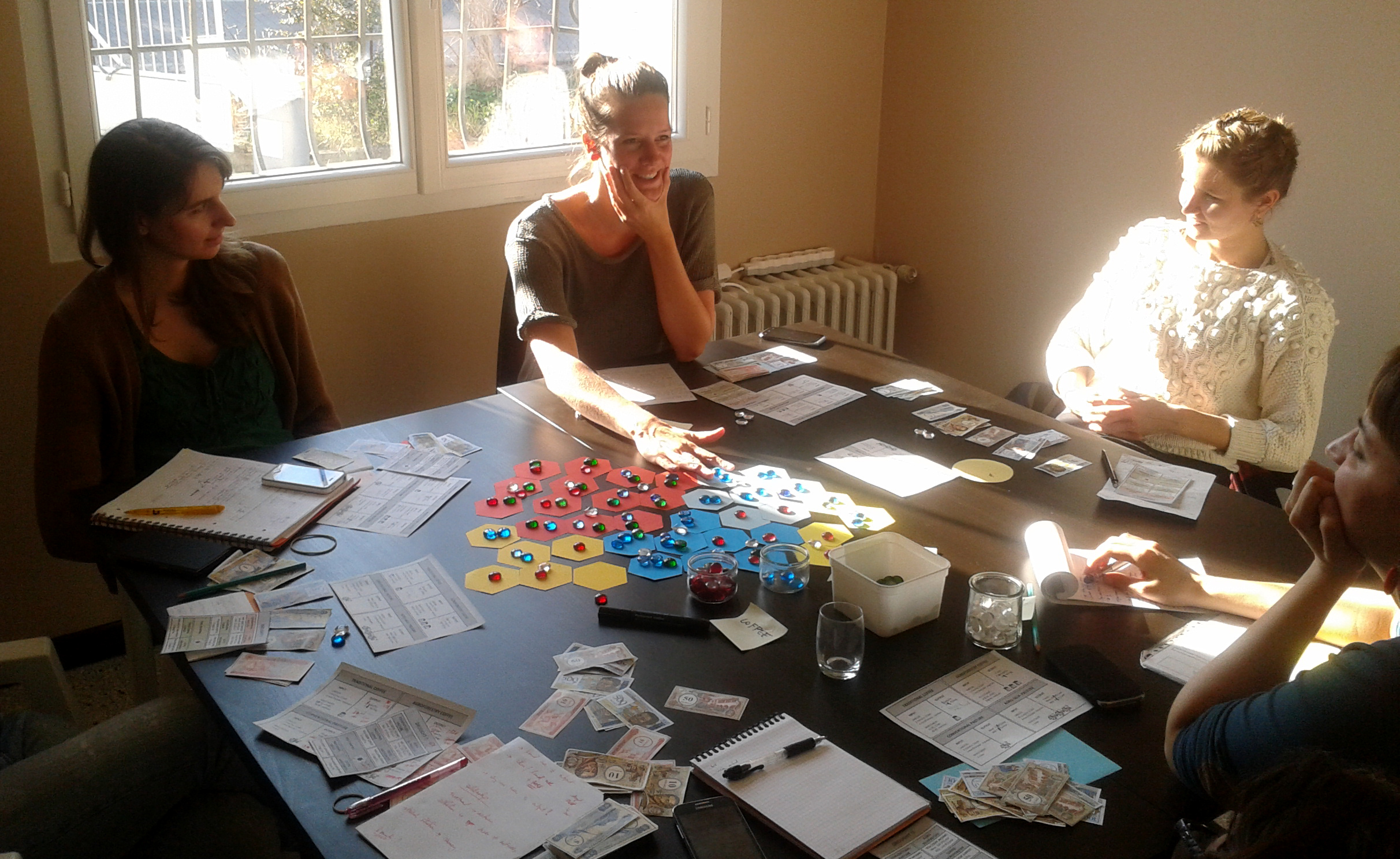Cette session a été organisée dans le cadre de travail de thèse de Giulia Salvini (Wageningen University)
Context: The Apui region, located on the trans-Amazonian highway is the third deforestation spot in the Amazon. Local farmers deforest to claim land and sell it to big investors. Farmers keep their ownership of land via extensive pasture activities. Few farmers are engaged in coffee production, which is not very common in the region because it`s not considered profitable due to the insecure market demand and the fluctuating price of coffee.
In order to lower deforestation and encourage more sustainable land use, IDESAM, a local institute for sustainable forest management, is implementing coffee agroforestry with a group of 30 farmers since 3 years. Coffee agroforestry reveled to be very successful in terms of coffee quality and sustainable intensification: the coffee yield tripled and the agroforestry system provides also timber and other trees resources which provide income and more stable food security. Additionally, this agroforestry system is much more resilient to climate change impacts, which in the amazon is characterized by droughts, which have an impact on timber production and soil fertility.
Research objectives: Even if the coffee agroforestry system provides benefits to the local farmers, not many farmers know about it and only few of them adopt it. The aim of the RPG would be to assess the factors that would lead farmers to organize themselves in a coffee cooperative. The benefits of such cooperative would be to: i) sell coffee at a higher and more stable price to a coffee investor; ii) receive subsidies from the government to buy machineries and infrastructure to prune, process and store the coffee and iii) lower the impact of droughts in the area, hence making the production of timber and non-timber forest products more resilient.
Development objectives: i) promote knowledge spread via the RPG about the benefits of the agroforestry coffee system, ii) assess the factors that would entice farmers to join a the coffee cooperative, iii) assess the impact of a more strict forest protection policy which would forbid land speculation and encourage more sustainable land use intensification.
Questions for the session:
– Is the game dynamic and at the same time simple enough?
– How to collect data during the game on decisions related to joining the coffee cooperative?
Organisatrices: Giulia Salvini (Wageningen University) et Ola Dolinska (Lisode)
Participantes: Louisa Kistemaker (Irstea), Cinzia Tegoni (University of Blogna), Floor Ambrosius (Wageningen University), Giulia Silvani (Wageningen University), Elsa Leteurtre, Azza Chalouff, Ola Dolinska (Lisode)
